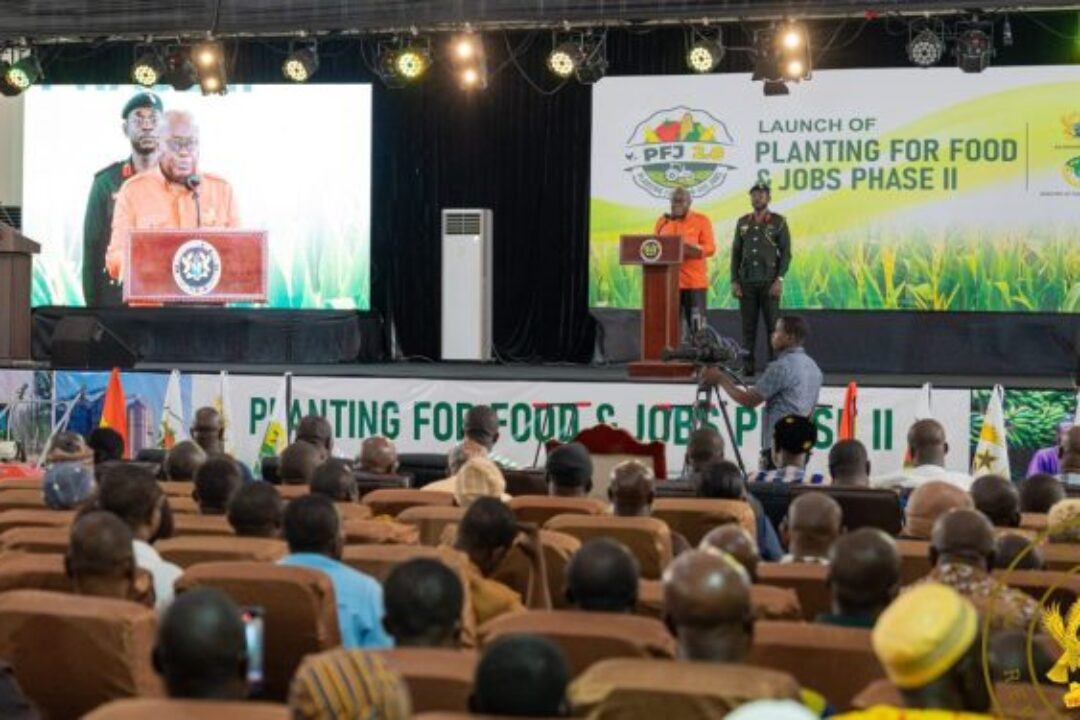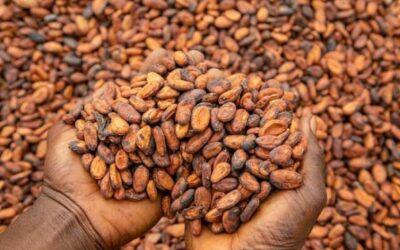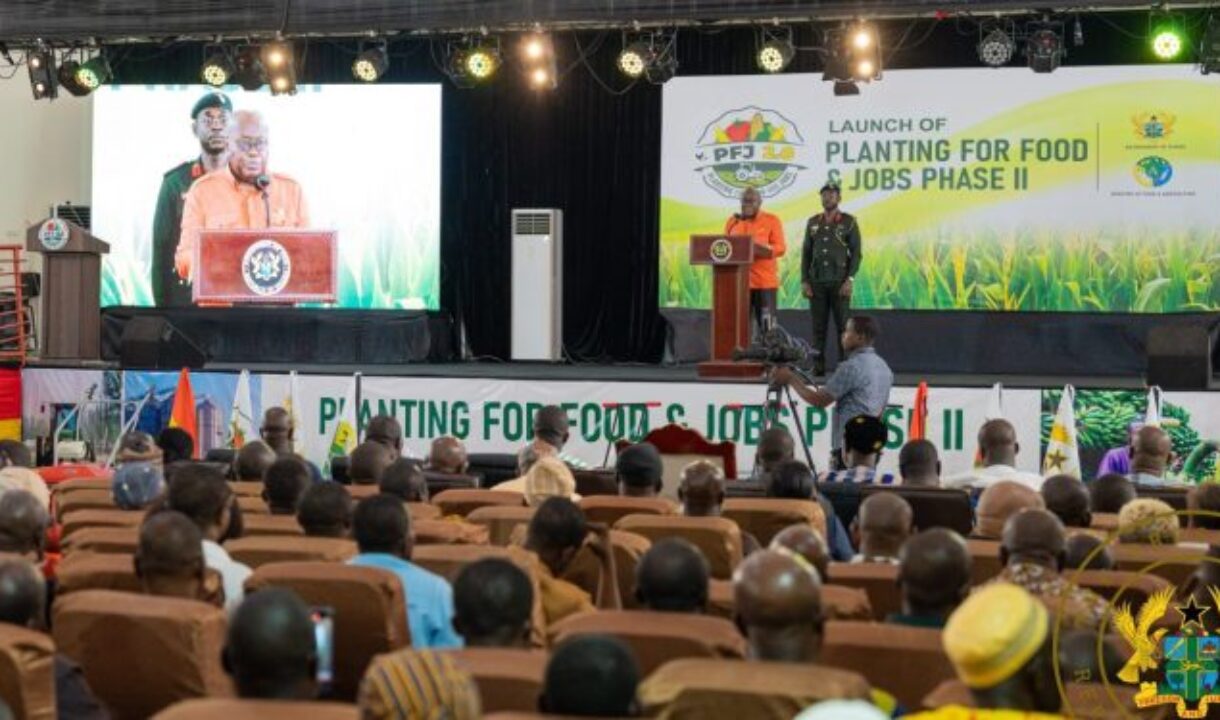Source:Leticia Osei
President Nana Addo Dankwa Akufo-Addo has assured that the 2nd phase of the Planting for Food and Jobs (PJF) will create an annual average of two hundred and ten thousand (210,000) new farm-related jobs.
The new phase according to the president will exclude other jobs along the agricultural value chains.


The President disclosed this when he launched the 2nd phase of Planting for Food and Jobs in Tamale. President Akufo-Addo added that the next phase of the programme will ensure enough food security and job creation.
“The impact of the Programme is expected to be in the area of job creation, with some one-point-two million (1.2 million) farmers to be enrolled in the first year. In the next four (4) years, the Programme is destined to record an annual average of two hundred and ten thousand (210,000) new farm-related jobs.
This will exclude other jobs along the agricultural value chains estimated at an annual average of four hundred and twenty thousand over the same period,” President Akufo-Addo assured.
He indicated that the 2nd phase of the Programme also seeks to improve service delivery to maximise impact.

“The second phase, by design, takes a holistic view and places greater emphasis on value chain approaches by focusing on strengthening linkages between actors along eleven selected agricultural commodity value chains broadly categorised into grains, roots and tuber, vegetables and poultry.

Phase Two of the Programme also seeks to improve service delivery to maximise impact, substitutes direct input subsidy with smart agricultural financial support in the form of comprehensive input credit, with provision for in-kind payment,” the President indicated.
President Akufo-Addo on Wednesday, April 19, 2017, launched the maiden “Planting for Food and Jobs” programme at Goaso in the Ahafo region.
The move was to represent the government’s key initiative to modernise agriculture, improve production efficiency, and achieve food security, and profitability for farmers.
It targeted a significant increase in agricultural productivity and pursued a value-addition strategy, aimed at rapidly ramping up agro-processing and developing new and stable markets.


















